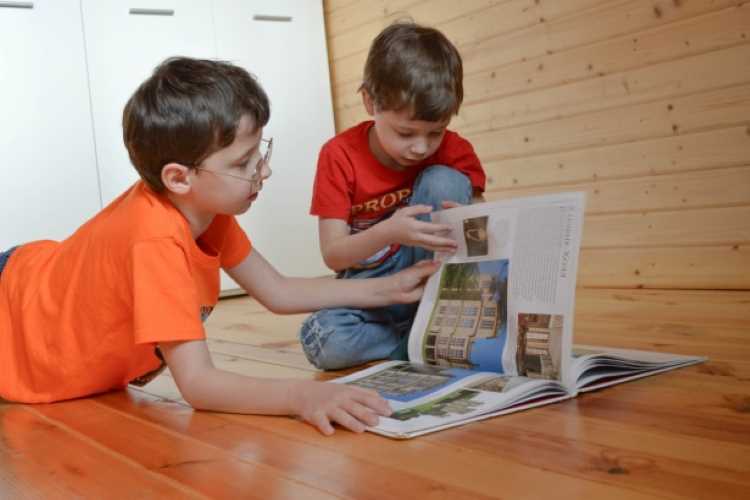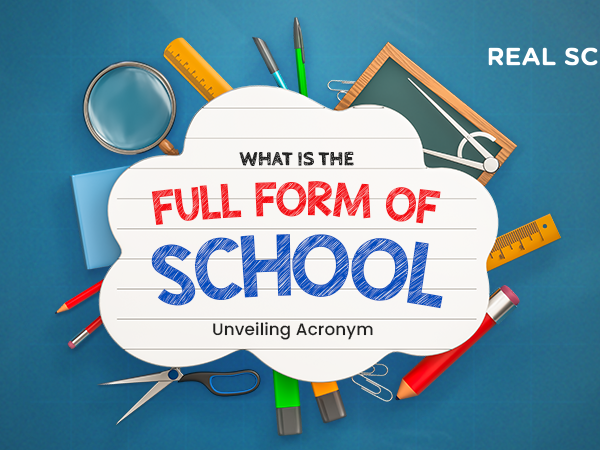Due to the Covid-19 pandemic, the age of e-learning has arrived, and schools are now devising new ways to make e-learning more fun and interactive for children. Here are seven approaches that have been used in the past.
Schools all over the world have recognised this and have implemented a few strategies to make online lessons more interactive, enjoyable, engaging, and appealing.
Schools have introduced or incorporated activities to outline a plan of action for students to instil a sense of school even when they are not in school.
Through various methods, they have been promoting activities and recommendations for creating an engaging, colourful, and educational space at home.
Suggestions to Make Online Classes more Interesting and Available to all Children
One of the keys to ensuring that learners learn effectively and get the most out of what they’re doing is to keep them engaged in your online learning programme.
Making something interactive is one of the most effective ways to get students more involved in what they’re doing. Learners have no choice but to get involved and take an active role in their learning when using interactive online learning experiences.
Here are seven ways that schools are making e-learning more enjoyable and interactive for kids:
Also Read: Best Online Coding Classes for Kids: A Complete Guide to Get the Best
Spaces for Learning
This is the first step toward creating a learning environment at home that is similar to that of a school. This space doesn’t have to be large or expensive; it can be a separate room or even a corner of a room with the least amount of distractions, adequate lighting, and low noise, as long as parents or guardians keep an eye on it.
It is suggested that this space be kept free of daily commotion or disturbance. For both the teacher and the student, too many distractions in personal space can turn a safe zone into a stressful environment.
Appeal and Accessibility
It is possible to increase interest in education by providing easy access to study materials and engaging courses. To facilitate better learning, courses should be based on bilateral engagements.
Parents should be included in the classes to help them understand and appreciate their child’s development, as well as to give them the joy of watching their children grow.
Similarly, shorter learning sessions can be effective, and schools can gradually lengthen them as learners’ attention spans improve.
Make Content to Videos and Animation
Visually appealing videos, lectures, study materials, and classes aid in the development of learners’ cognitive abilities and task proficiency.
The added benefit is that this type of educational content keeps learners engaged while also making the process enjoyable for teachers and learners. Methods such as engaging and interactive videos and lectures can help learners stay focused during the process, making it more effective.
Also Read: Online Yoga Classes for Kids: Yoga Poses for Kids to Practice for Perfect Mind-Body Balance
E-learning Activities
Smartphones and tablets are already being used by online learners in their daily lives. As a result, using mobile-friendly online courses with responsive user interfaces for E-learning content on mobile devices is both practical and rational.
This allows schools to reach a wider range of learners while also allowing learners to learn at their own pace, promoting accessibility.
Daily Routines
Establishing daily routines can aid in the installation of discipline and good habits in learners.
With encouragement from teachers and parents, students can develop a regular study schedule and adapt to new learning methods.
Playful Methods
Open-ended play-centric learning methods with stories are effective for improving imagination development, which aids in the development of creative and cognitive functions.
By incorporating game mechanics into the e-learning course design, students can use the information they’ve learned to overcome in-game obstacles, which helps promote the gamification approach.
Playing alongside academics provides the best learning opportunities, as well as encouraging self-confidence and self-esteem. Physical, creative, and imaginative education methods have also been used in schools to improve co-curricular activities.
Safety of Children
Children can use digital platforms to continue learning and communicate with their classmates and teachers. However, the increased use of the internet can raise concerns about security, safety, and privacy.
Students can learn what appropriate behaviour looks like on the platforms they use if they have proper awareness and discussion about the internet. Schools recommend that students use widely accepted safe media for education.
Also Read: Online Spoken English Classes for Kids: Help your Kids Ace it with Personalised Mentoring
Add Audio
To introduce new activities or change the tempo of your class, try changing the tone of your voice! Exercising your storytelling abilities and publicly praising others is a good idea. This can go a long way toward motivating your students.
Also, make sure that any audio clips you intend to use are of high quality. Finally, and this may seem self-evident, make sure you can teach your online lessons from a location with a stable internet connection.
A shaky connection that keeps cutting out will cause students to lose interest faster than anything else.
Find What Inspires Your Students
The good news is that, just like in any other face-to-face classroom, the key to engaging your online students is to discover what motivates them and gives them a reason to participate in class.
Use the same mediums you would in a real-life classroom when teaching English online or if you are a classroom teacher who has gone virtual.
Play some music or just use the drawing tool to your heart’s content! Don’t be afraid to experiment with your students until you find something that they like.
Make Goals
Make sure each assignment has a clear map that you share with your students so they know where they are in the learning method and the context for any activity they are doing. This is an easy way to introduce short-term motives into your online classroom.
Then consider how you might motivate students to complete tasks (or, even better, to work hard) during a lesson.
You could use positive reinforcement, points, badges, games, or other enjoyable learning activities to engage your students.
Going too far into the future with long-term goals may not be effective, but take time now and then to check in with your students and set goals together for the next month, four months, or eight months.
Keep it Interactive
In a face-to-face class, it’s familiar to give learners some time to work alone or read a text for silent reflection. However, these types of activities do not work well in online classrooms.
On a screen, long, dense texts are difficult to read (it’s much easier to break things up into chunks). Silence in virtual classrooms does not translate well because it provides the perfect excuse for a student’s attention to wander!
Plan It!
The way to go is to design training that keeps your students actively typing, clicking, or talking throughout the lesson.
This can be achieved by asking a lot of topics, including games, and requiring learners to physically do things like type or draw in dialogue boxes. You can also make sure your student has to say something every three minutes or so when you’re planning your lesson.
Also Read: Online Guitar Classes for Kids | 7 Advantages of Learning Guitar Online
Break it Down!
We all know how much timing is important when it comes to online teaching as it is different from physical classes. They have face-to-face interactions, but they have different aspects. One can keep a fast speed but make sure that one breaks down the information into bits so that it is digestible and easy to take in.
In practice, this means avoiding long explanations and PowerPoint slides with too much text! Adding a variety of activity types to your lessons to change up the tempo is another great way to make the time fly by for your students.
Make Your Children Feel Valued
The truth is that the withdrawal that learners in online classrooms feel can be a major aspect of their demotivation.
They may believe that no one will notice or care if they miss a class, or they may find it all too tempting to skip class if they’re tired. Making their students feel valued in the classroom is the best way for online teachers to help with this.
Be Patient
It’s no secret that keeping students engaged and stimulated is difficult. Remember that young children often have short attention spans, making it difficult for them to sit still and concentrate at times.
This is perfectly normal and acceptable!
It’s critical to take a break from them now and then and to be patient with them.
When something isn’t working, your students can tell whether you’re annoyed or frustrated. And this aggravates the situation. Allow them to take a short break now and then.
It’ll make a significant difference!
Conclusion
Although e-learning methods were adopted more out of necessity than choice, the concept of being able to learn from home is appealing to students.
Schools must take advantage of this trend to improve future generations’ overall development, at least until schools can be fully reopened.
Even after returning to regular schoolwork, the impact of technology on education should not be underestimated. To improve learning and teaching capabilities, schools will need to implement digitally assisted learning methods.
Hopefully, the above article helped you to know that fun learning is always encouraged and kids like it when it is something new and interesting.
Also Read: Best Online Classes for Kids: A Guide to Choosing the Best Education for Your Little Ones







